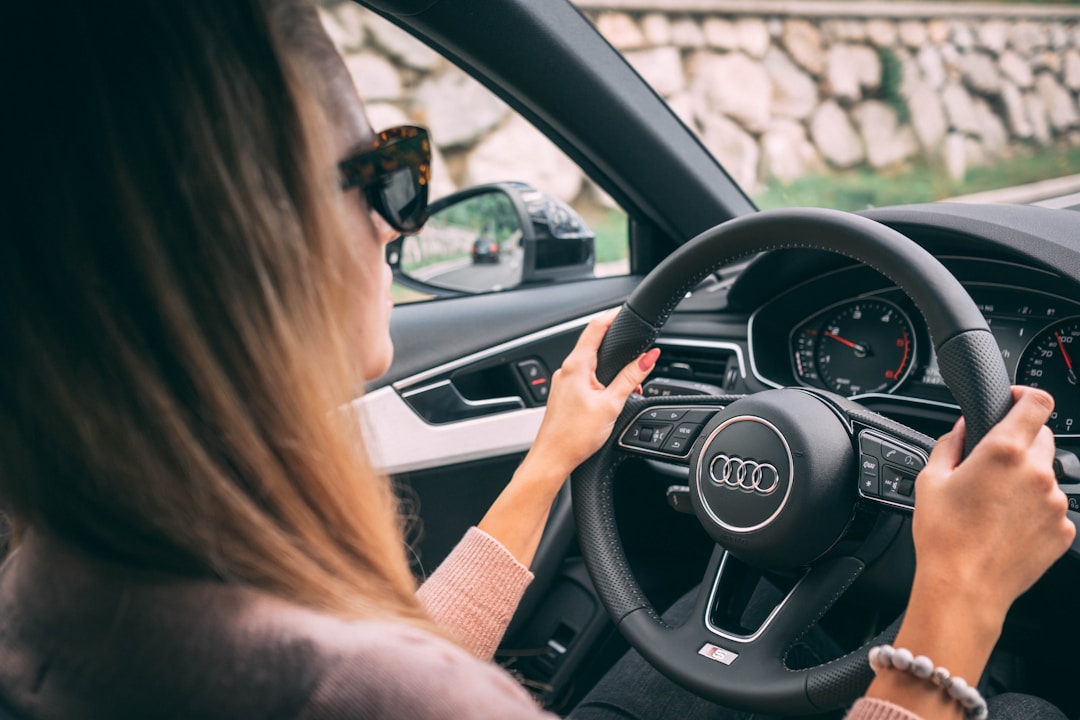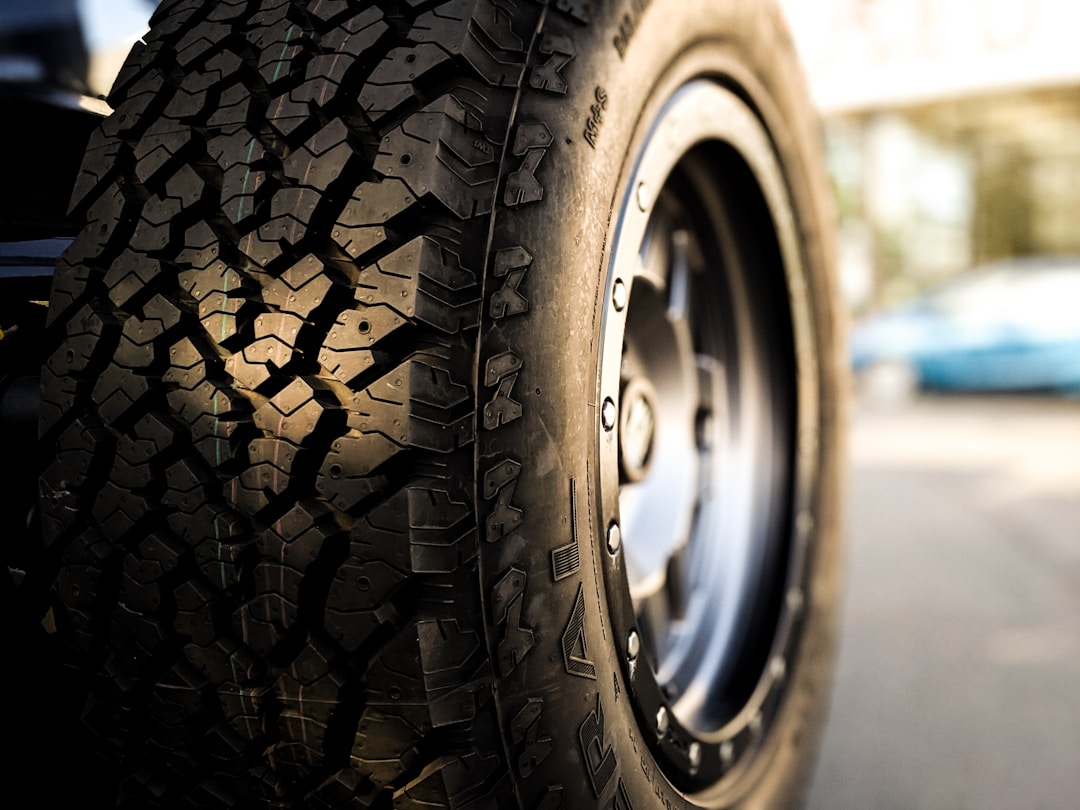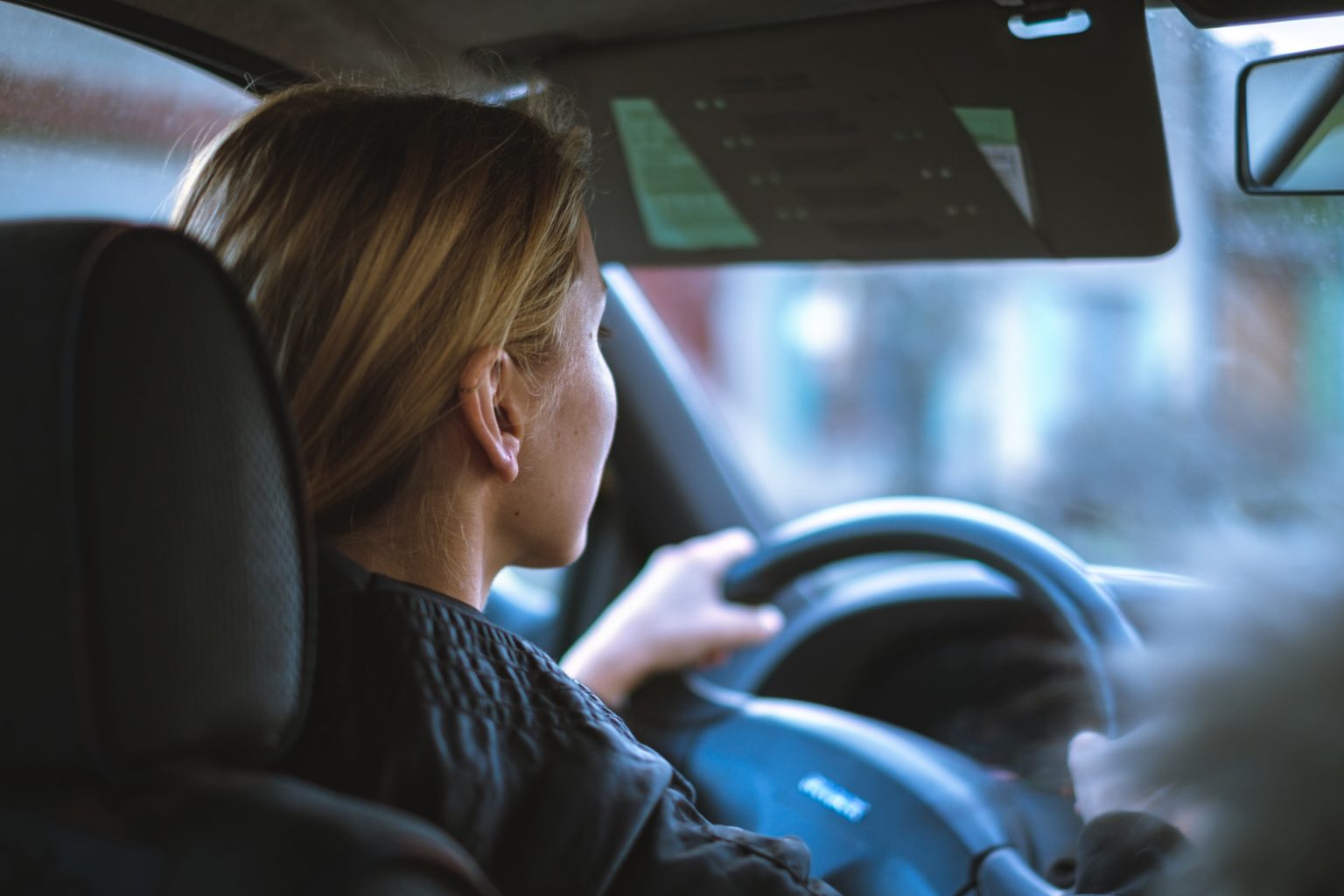Getting your driver’s license is an exciting milestone for anyone, whether you’re doing it as a teenager or later in life as an adult. However, a driver’s license also comes with a number of responsibilities, as does own your own vehicle, if you plan to purchase one once you’re able to drive. It’s important for anyone interested in driving to take the time to learn about both the rules of the road and the basics of car ownership, in addition to the best practices and procedures for a variety of potential emergency situations. While it can seem overwhelming, it’s essential for every driver on the road to be prepared and informed. If you’re not sure where to get started, read on for three things you definitely need to know before getting your first driver’s license.
1. Talk to a professional about your driver’s test.

In most places, in order to get a license, you need to pass a driver’s test. Sometimes, this can have multiple stages before you graduate to having a full and unrestricted driver’s license. Look up the requirements in your state and country if you’re unsure what your area requires in order to be able to drive a car. There are also several different types of driving tests depending on the type of vehicle you want to drive. While most people obtain a standard driver’s license, you can also apply for several other separate licenses that cover driving vehicles like motorcycles and commercial trucks.
2. Look for car insurance.

In order to drive in most places in the U.S., you’ll be required to obtain insurance for your vehicle. Take the time to compare car insurance, so you can get a head start on preparing yourself for owning a car. You’ll likely have several options when it comes to auto insurers and can choose from a variety of companies like Geico and State Farm to smaller boutique insurers. Talk to your insurance agent about the differences between personal injury protection, liability coverage, and collision coverage, in addition to asking about the benefits of more comprehensive insurance. For many people, the best way to guarantee peace of mind is to invest in full coverage.
The premium for your car insurance policy is based on a number of things, from the type of vehicle, you have to the amount of coverage you purchase and how good your driving record is. Newer motorists won’t have a driving history, so typically an auto insurance policy can be a little more expensive for the first few years. Ask your insurer about any discounts on insurance rates available for good grades, safe driving, or any other special category.
3. Learn how to take care of a car.

From learning how to wash your car to how to change your tires, there are plenty of things you’ll need to pick up on once you become a car owner, especially during a pandemic. While there are some services you’ll always want to have a professional perform, you can do a lot of maintenance on your car yourself, which can save both time and money. Washing your car, swapping out tires, and even changing your oil are all easy enough for the average person to handle if you’re willing to take the time to learn. Even if you opt not to perform these services yourself, knowing how is an essential part of emergency preparedness.
Driving is a big responsibility that comes with many benefits but also a number of risks. It’s important that you take learning to drive seriously and make sure you understand everything about basic vehicle safety before you get on the road. Talk to a trusted friend or family member who is a driver about what their insurance plan is like and what companies are the most reliable in your area, and then reach out to an expert to get answers to any further questions you might have. Most importantly, learn how to care for a car before you buy one. If you don’t know someone who can teach you the basics, invest in having an expert show you the ropes so you can take care of your new car and to continue enjoying it for years to come. As long as you invest in educating yourself and put in the time to learn to drive, you’ll be enjoying your first adventure on the road sooner than you think.










